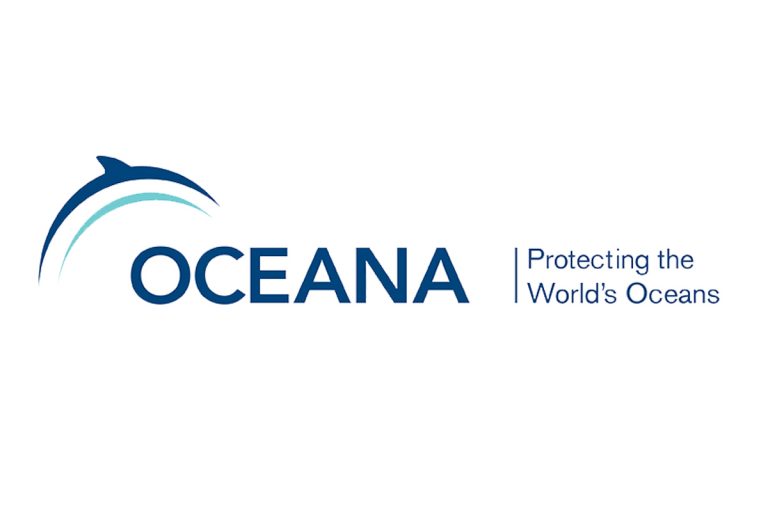USA
The international ocean advocacy organisation Oceana was founded in 2001. The founders were The Pew Charitable Trusts, Oak Foundation, Marisla Foundation (formerly Homeland Foundation), Sandler Foundation, and the Rockefeller Brothers Fund. The funders established Oceana because a 1999 study that they commissioned discovered that less than 0.5 percent of all resources spent by environmental nonprofit groups in the United States was invested in marine-related advocacy, and that there was no NGO focussing exclusively on oceanic issues.
Oceana’s campaign slogan is ‘Save the Oceans, Feed the World’. According to Oceana, ‘restoring the ocean could feed 1 billion people a healthy seafood meal every day’. However for Oceana’s objective to be achieved, the world would have to cut the per capita fish intake of the world’s most traded food commodity by two thirds.
For example, according to the Food and Agricultural Organisation (FAO), fish already provide ‘3.2 billion people with almost 20 percent of their average per capita intake of animal protein’. The FAO also estimates that one billion people worldwide currently rely on fish for their ‘primary source of protein’. Moreover, according to the latest FAO forecast, total fish production (excluding aquatic plants) is expected to expand from 179 million tonnes in 2018 to 204 million tonnes by 2030. As for per capita fish consumption, that’s projected to rise to 21.5 kg in 2030, up from 20.5 kg in 2018, says FAO.
Oceana wants to force people to eat less fish by restricting or stopping many forms of large-scale commercial fishing. This includes banning or severely reducing bluefin tuna fishing; outlawing salmon farming, which delivers 70 percent of the salmon the world consumes of this staple; as well as prohibiting longline and bottom trawling, which are currently common, highly regulated best practice. Oceana also wants to place up to 30 percent of all the world’s oceans (and land) permanently beyond commercial use of any sort, especially fishing.
In 2010 at CITES CoP-15, Oceana lobbied hard to have Atlantic bluefin tuna listed in appendix I. It also fought to have seven sharks listed in CITES’ appendices, as well as 32 species of red and pink coral. Its efforts came to nothing when all of the proposals it promoted were rejected by the Parties.
In response to its rare defeat Oceana issued a press release headlined ‘Oceana Declares CITES a ‘Tragedy of the Oceans’, with a subheading that stated (caps theirs), ‘Environmental Group Says Commercial Traders Like Japan Paid for Demise of Commercially Exploited Marine Species’. Oceana provided no evidence of corruption. Nevertheless, Oceana accused China and other fishing nations of using the ‘crushing weight of the vast sums of money gained by unmanaged trade and exploitation of endangered marine species to threaten the very foundation of CITES’.
In 2001 Oceana incorporated The Ocean Law Project as its legal arm, which was a project initiated by The Pew Charitable Trusts. And in 2002, Oceana merged with American Oceans Campaign, founded by the Emmy and Golden Globe award winning actor, producer and environmentalist Ted Danson.
Leaders
Andrew Sharpless has been CEO since 2003.
Carrie Symonds – wife of UK Prime Minister Boris Johnson – is a senior advisor.
Governance
Keith Addis is President of the 24-person-strong Board.
Finance
According to its website, in 2019 Oceana’s income was USD42,000,000, and its expenses were USD39,000,000. It reported that it had USD57,000,000 in net assets available for use in 2020.



